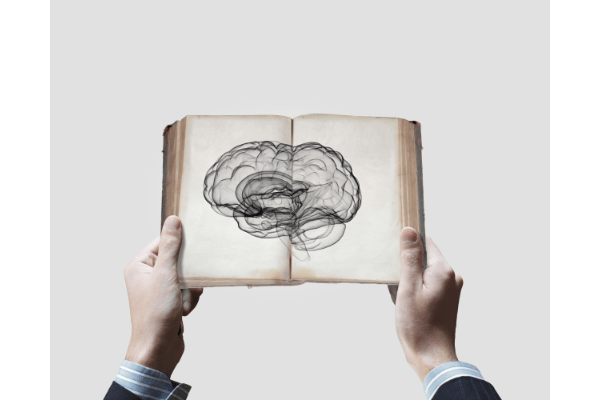You can sign up to our LinkedIn newsletter here.
Back in March 2021, Jonathan MacDonald, Kaur Lass and myself had conversations about Mental Wellness Habits, this series of articles is based on those conversations. You can read the previous articles in the series here and here.
Important: mental illness may require medical intervention. Check out nhs.uk/mental-health/ for important information.
So, in articles 1 and 2 I have talked about our experiences with managing mental health, about the importance of being intentional and remaining focussed on the things that bring us life. We explored how to reframe your habits in light of your master plan, whilst being intentional about actively managing your mental health. We looked at continually being conscious and aware of your mental wellness state.
So, how do we practically do that?
Keep track
To know if you’re slipping off the edge then you need to keep track of where you are at. Be intentional about being aware. Keeping a diary, writing a journal, writing down what you do and comparing results over time is a great technique. It doesn’t need to be lengthy narrative. Just make remarks daily and review them.
Train your mind
In the same way that people go to the gym and train their bodies to stay fit and healthy, you need to train your mind. On one hand you’re training yourself to recognise the warning signs – being alert and intentional to know what these are for you. On the other hand, you’re learning tools which help you to keep your (mental) health strong. You can find out more about the work that Kaur does with his Brain Gym here.
Commit to mutual support
It’s very powerful to be in a group where there is a commitment to mutual support. It doesn’t have to be a group around a problem. It could be a group around an opportunity. For most of the work I do, we gather people in groups to work together, building on opportunities. We get to know each other. We get to check in with our moods every time we meet. We see patterns overtime and encourage each other. Community and accountability relationships are crucial. You can find out more about how this works for our InspiredCEOs here.
Attitude of Gratitude and Generosity
Develop an initial attitude of gratitude and generosity. If you sit down every morning and write down three things you can be grateful for, it is a transformational habit. Even if the only thing I can be grateful for on one particular day is ‘I’ve got a hot cup of coffee’. You build that habit of gratitude and you start to see more and more what you can be grateful for and in my experience that sets you in a great place. Then to leverage that gratitude and build on that in community is incredibly powerful.
InspiredCEOs.biz grew out of recognition of the importance of community, mutual support and a place to gather online at the start of Covid lockdown in April 2020. It’s now a place for early-stage business or charity leaders to come together twice a week with a combination of a Hotseat (to provide challenge on a particular issue), Game Changing Conversations (check out Kaur Lass’s conversation here) and activation sessions (giving reflective opportunities on the Game Changing Conversations). The real power is the mutual support. We get to see each other twice a week, every week for an hour. Even on Zoom we can spot how someone is doing. We use WhatsApp to keep up communications outside the room. We’re forming a community that supports each other beyond the Zoom room. There is a very strong spirit of generosity in this community where people are there for each other. It gives them an opportunity to give and others an opportunity to receive. This power of giving and what that does for your mental health is under recognised. There is research which talks about how volunteering helps with mental health, but I think there are all sorts of other opportunities for being generous that will shift your mental state.
Conclusions
It’s exciting to see how we can build habits to get fit, and habits around mental wellness. For me, one of the things I’ve done in the past is self-medicated with high carbohydrate foods, which is not a physically healthy option, but it gave me a way of managing my mental state. Now I’ve used that clue to notice that it’s an indicator to shift something else. The consuming of carbs doesn’t solve the problem, it just gives me temporary relief. We all have clues about how we self-manage and need to be intentional about using these clues to shift our behaviour and better understand our mental state. For you it might be something else you use to soothe your mental state (alcohol, sugar, picking a fight) whatever it is, it’s not necessarily going to get you the best outcome. You can use your clues to address the underlying mental wellbeing issues instead.
There are a whole range of behaviours that people won’t necessarily recognise as a degrading of their mental state. But when you start to be intentional and start to see the value of your mental health, then maintaining that also becomes an investment in your productivity, your career and more importantly you whole life.

Charles McLachlan is the founder of FuturePerfect and on a mission to transform the future of work and business. The Portfolio Executive programme is a new initiative to help executives build a sustainable and impactful second-half-career. Creating an alternative future takes imagination, design, organisation and many other thinking skills. Charles is happy to lend them to you.
